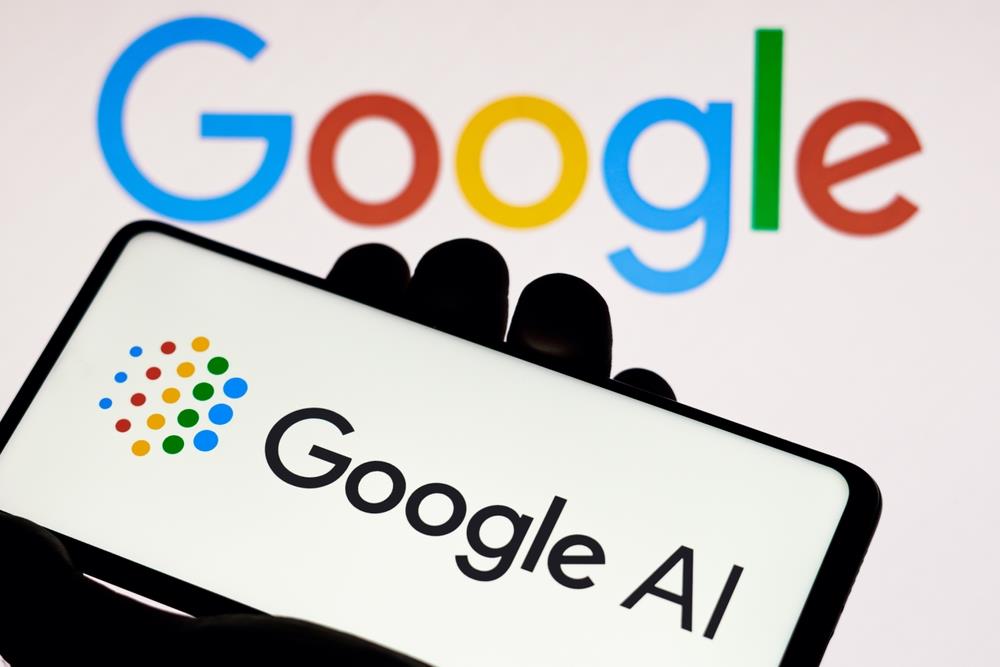Google has introduced a new experimental AI application called Google AI Edge Gallery that enables the use of artificial intelligence directly on Android devices without the need for an internet connection. The app uses local execution of AI models, offering benefits such as lower latency and greater data privacy, but requires more powerful hardware. Users can utilize models like Gemma 3, Gemma 3n, and Qwen 2.5 for generating text, images, and programming code. Currently, the app is available only for Android devices via a GitHub page, with the iOS version not yet ready. This initiative marks Google’s move towards decentralized AI usage, focusing on faster responses and increased user control over data.
Political Perspectives:
Left: Left-leaning sources emphasize the privacy benefits and user empowerment aspects of Google’s new AI app, highlighting how local AI processing reduces reliance on large cloud providers and protects user data from surveillance. They may also discuss the potential for democratizing AI access by enabling offline use.
Center: Center-leaning sources focus on the technical innovation and practical benefits of the app, such as faster response times and offline functionality. They provide balanced coverage of the hardware requirements and the current limitations, noting the app’s availability only on Android and its experimental status.
Right: Right-leaning sources highlight the importance of data privacy and national security implications, praising Google’s move to reduce dependence on cloud servers which could be vulnerable to foreign surveillance. They may also stress the benefits for users in areas with poor internet connectivity and the potential for increased technological sovereignty.



















